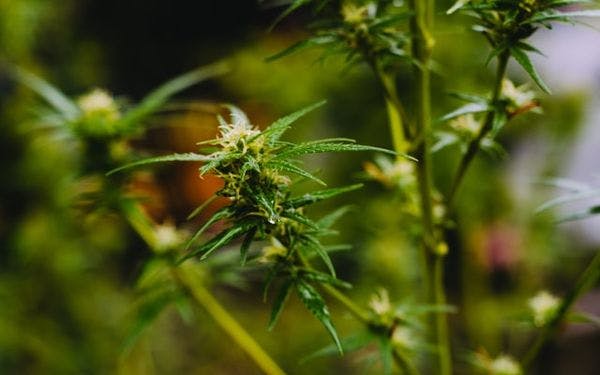Shane Rounce - Unsplash
Plan maestro de Sudáfrica sobre el cannabis establecerá finalmente una industria regulada
Los planes para un mercado regulado de cannabis en Sudáfrica han sido criticados por no alcanzar a garantizar reparaciones y la participación de agricultores tradicionales. Más información, en inglés, está disponible abajo.
By Sipho Sebele / Mugglehead Magazine
South Africa’s new master plan is a bright spark for those dismayed by lawmakers’ previous attempts to reform the country’s cannabis laws in recent years.
Introduced in 2018, the Cannabis for Private Purposes Bill legalizes personal cultivation but otherwise takes a punitive approach by criminalizing most cannabis activities, including buying and selling.
After receiving public comments on the widely denounced legislation, the South African Department of Agriculture, Land Reform and Rural Development (DALRRD) led the development of the cannabis master plan, which was presented to the justice committee on August 25.
The document is comprehensive, focusing on turning the plant into an industry that grows its own seeds, legitimizes centuries-old illicit farming and provides the local market with cannabis — known locally as dagga — products.
The plan wants to bring together the business, government, civil society and communities to create an industry that’s safe, non-discriminatory and prosperous. In addition to removing all references to cannabis as a scheduled substance, the government’s role in the plan is to:
- create a conducive policy, regulatory and legal environment;
- enact a compulsory seed registration and certification scheme;
- leverage traditional knowledge to support research and development programs;
- provide technical and financial support to farmers;
- develop the local market and facilitate new export markets for South African cannabis products;
- develop and support the growth of manufacturing and product development capabilities;
- implement education and training programs.
While the master plan is being celebrated as a meaningful step forward, critics point out that it lacks a restorative justice component for communities hurt most by prohibition, ignores the thousands of Indigenous Black farmers who are the backbone of the dagga industry today and borrows too heavily from other countries’ laws rather than tailor to South Africa’s strengths.
